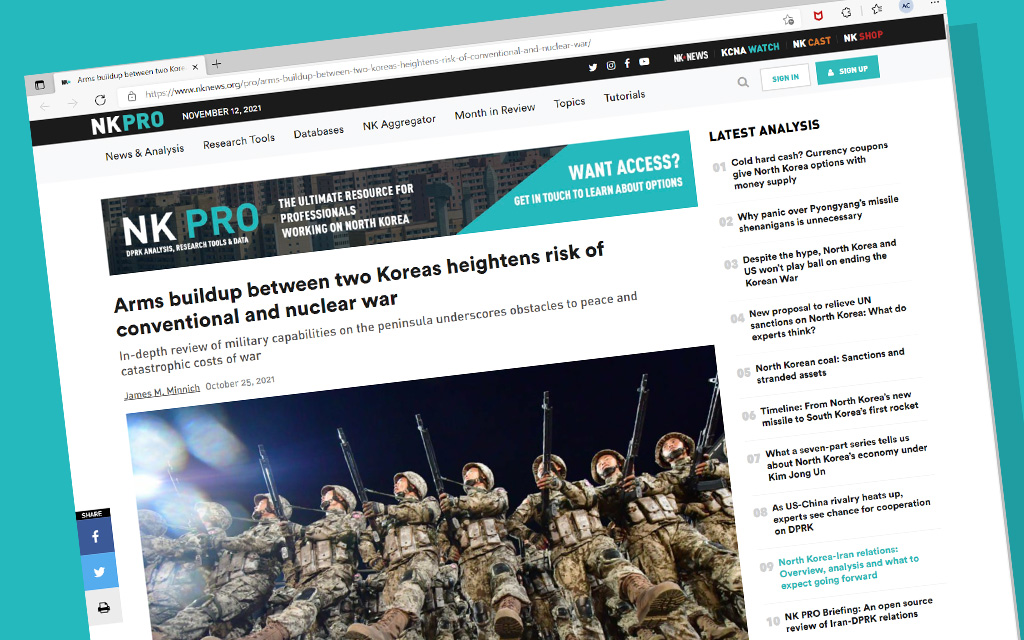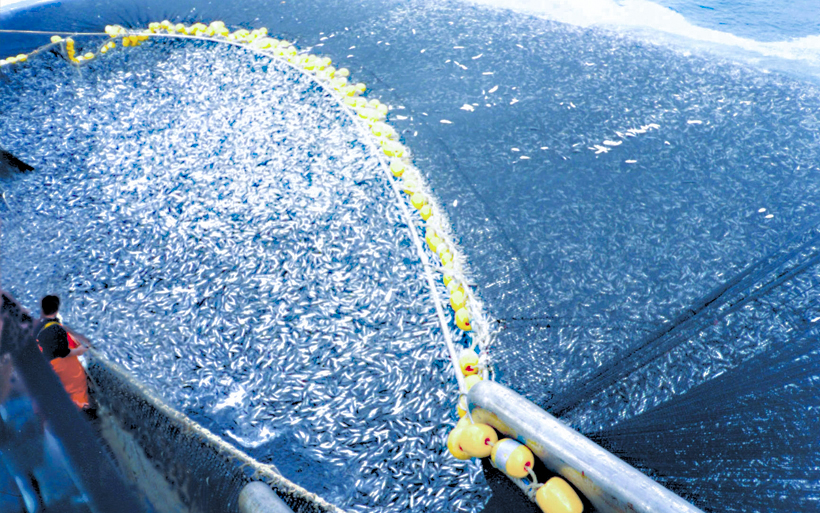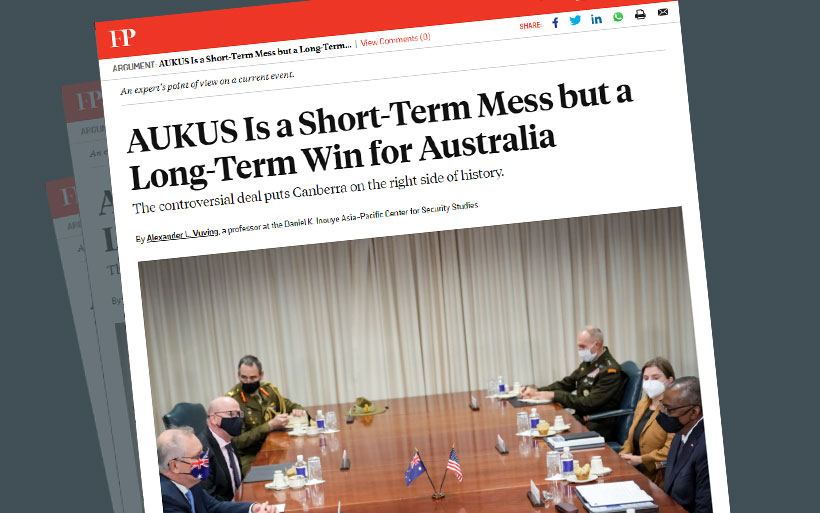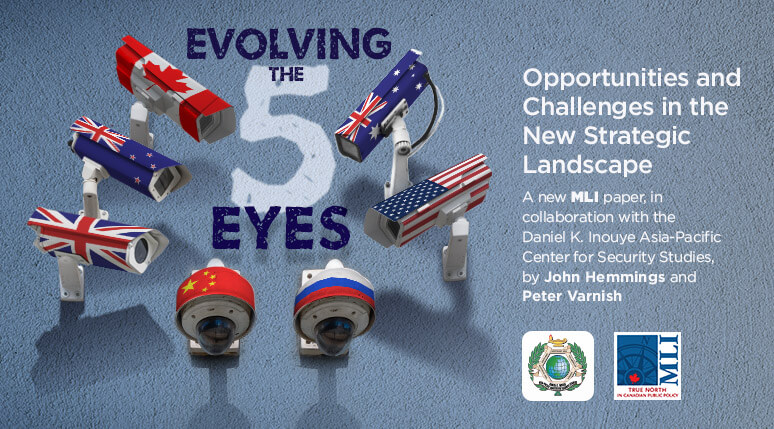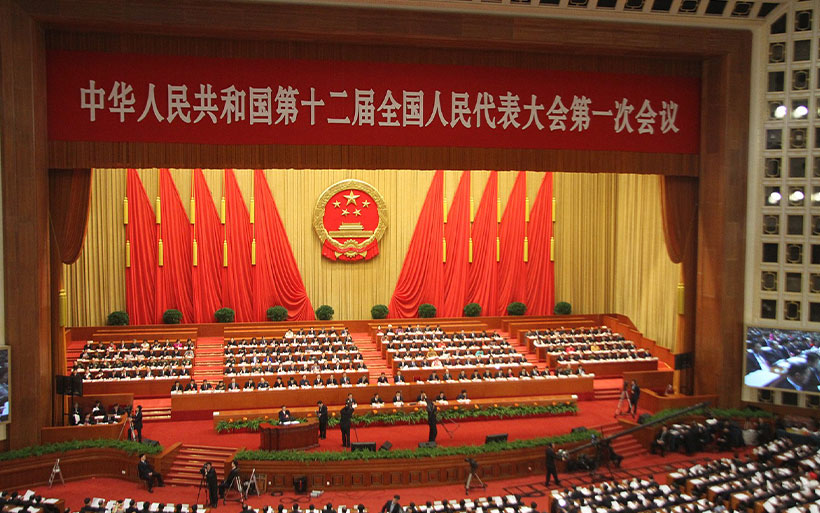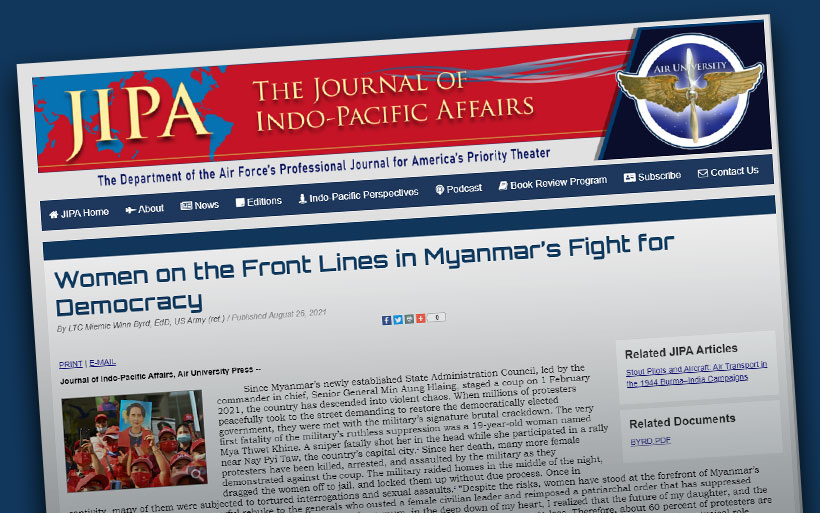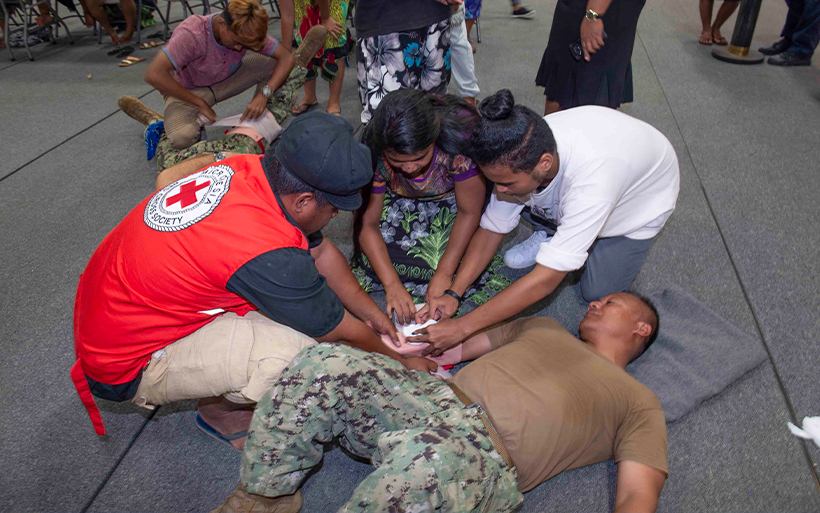Myanmar’s U-turn: Implications of the Military Coup on Strategic Competition in the Indo-Pacific
Dr. Miemie Winn Byrd has a new article in the Journal for Indo-Pacific Affairs titled: "Myanmar’s U-turn: Implications of the Military Coup on Strategic Competition in the Indo-Pacific. " The article discusses the current crisis in Myanmar and China’s response to it. According to the author, China views Myanmar as an important land bridge to the Indian Ocean and alternative to the Malacca Strait. Direct access to the Indian Ocean would give China an enormous commercial and geopolitical advantage over its competitors. In addition, as the last remaining democracy on mainland Southeast Asia, Myanmar is the front line for democracy [...]



